T4K3.news
West Bank settlement plan advances
Israel moves ahead with the E1 project in the West Bank, drawing criticism from Palestinians and rights groups.

Israel moves ahead with a contested West Bank settlement project, drawing Palestinian and international concern over future state talks.
West Bank settlement plan draws regional backlash
Maale Adumim, West Bank — Israel’s finance minister Bezalel Smotrich said the controversial E1 settlement plan is moving forward, with final approval expected later this month. The project, long debated for more than two decades, would sit east of Jerusalem and is seen as a strategic link that would sever the direct Ramallah–Bethlehem route, forcing Palestinians to take a lengthy detour with more checkpoints. If completed, the plan could constrain movement and complicate governance in the area.
The move comes as countries including Australia, Britain, France, and Canada indicate they may recognize a Palestinian state in September at the United Nations General Assembly. Rights groups and Palestinian officials condemned the plan as a setback to a two-state path, while some Israeli officials tie settlements to security and political aims. Final planning steps include Aug. 20 approval, after petitions against the project were rejected on Aug. 6. Infrastructure could begin within months and homes could follow within a year, depending on the pace of approvals and funding. Israel’s government has faced years of pressure from the settlement movement, and the international community still regards such expansion as illegal under international law.
Key Takeaways
"This reality finally buries the idea of a Palestinian state, because there is nothing to recognize and no one to recognize."
Smotrich on the impact on Palestinian statehood.
"Anyone in the world who tries today to recognize a Palestinian state will receive an answer from us on the ground."
Smotrich on international recognition of statehood.
"The plan is colonial, expansionist, and racist."
Ahmed Al-Deek, Palestinian Foreign Affairs adviser.
"Deadly for the future of Israel and for any chance of achieving a peaceful two-state solution."
Peace Now reaction to the plan.
The E1 plan is more than a local zoning dispute; it signals how political power shapes geography. By advancing a project that fragments the West Bank, the government is testing the resilience of the two-state framework and inviting sharp international scrutiny. Diplomats will watch closely to see how far allies will back a policy that many view as destabilizing to negotiated peace.
At the same time, the timing matters. With attention focused on Gaza and the war there, some observers worry less pressure will build around settlement expansion. The plan could deepen economic and mobility hardship for Palestinians and set new benchmarks for future land deals in the West Bank. If it proceeds, it may embolden further expansions and complicate any future negotiations about borders and security arrangements.
Highlights
- Maps are made by policy not by dialogue
- Ground moves can outweigh promises in the peace process
- Hope needs movement not more checkpoints
- Plans that redraw borders test the will of diplomacy
Political sensitivity and potential regional backlash
The settlement plan touches political sovereignty, regional stability, and ongoing conflict dynamics. It could provoke backlash domestically and internationally and affect diplomacy and aid flows.
Diplomacy must pace itself with on the ground changes.
Enjoyed this? Let your friends know!
Related News

E1 settlement moves closer to approval

Settlement plan advances
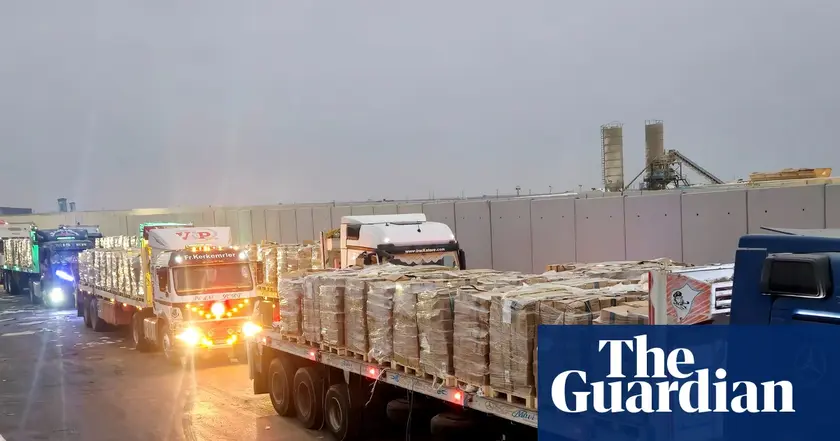
Aid groups condemn Israel's aid rules

Kremlin presses Donetsk surrender in ceasefire offer
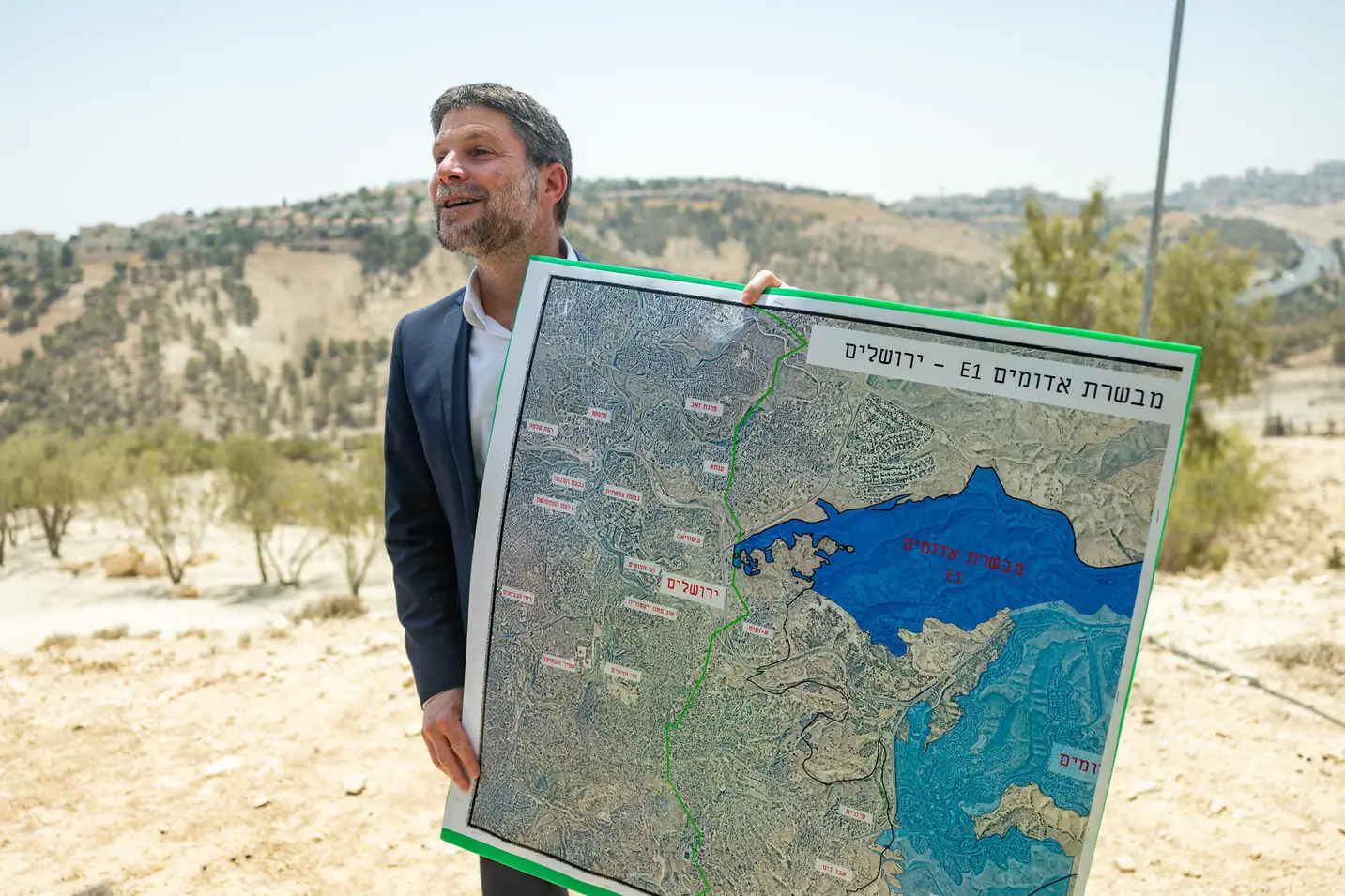
E1 plan draws global reaction
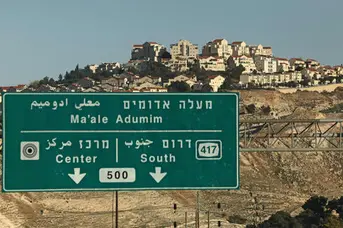
E1 settlement expansion moves forward
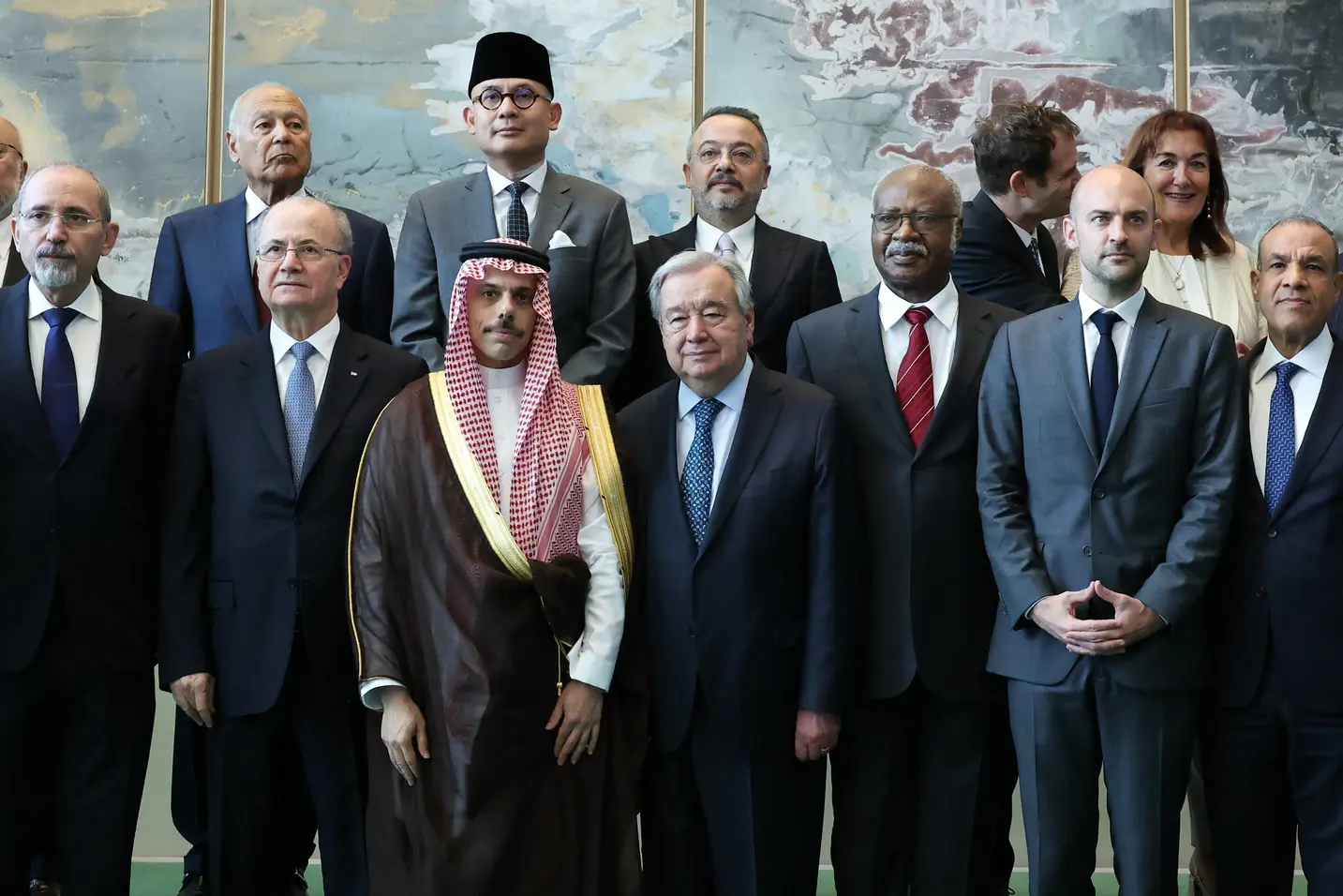
Global leaders push for two-state solution at UN conference
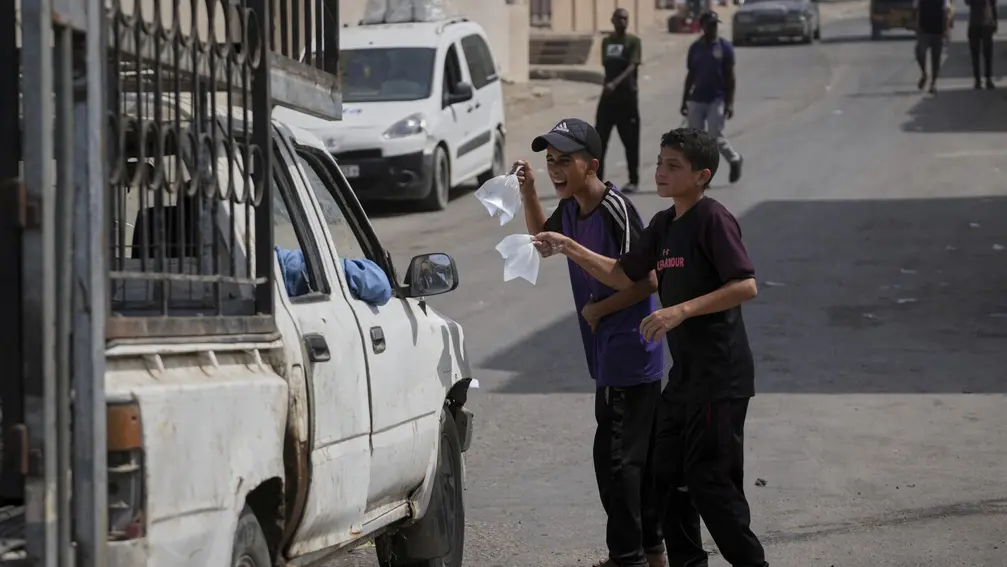
Aid Groups Demand End to Weaponization of Gaza Relief
